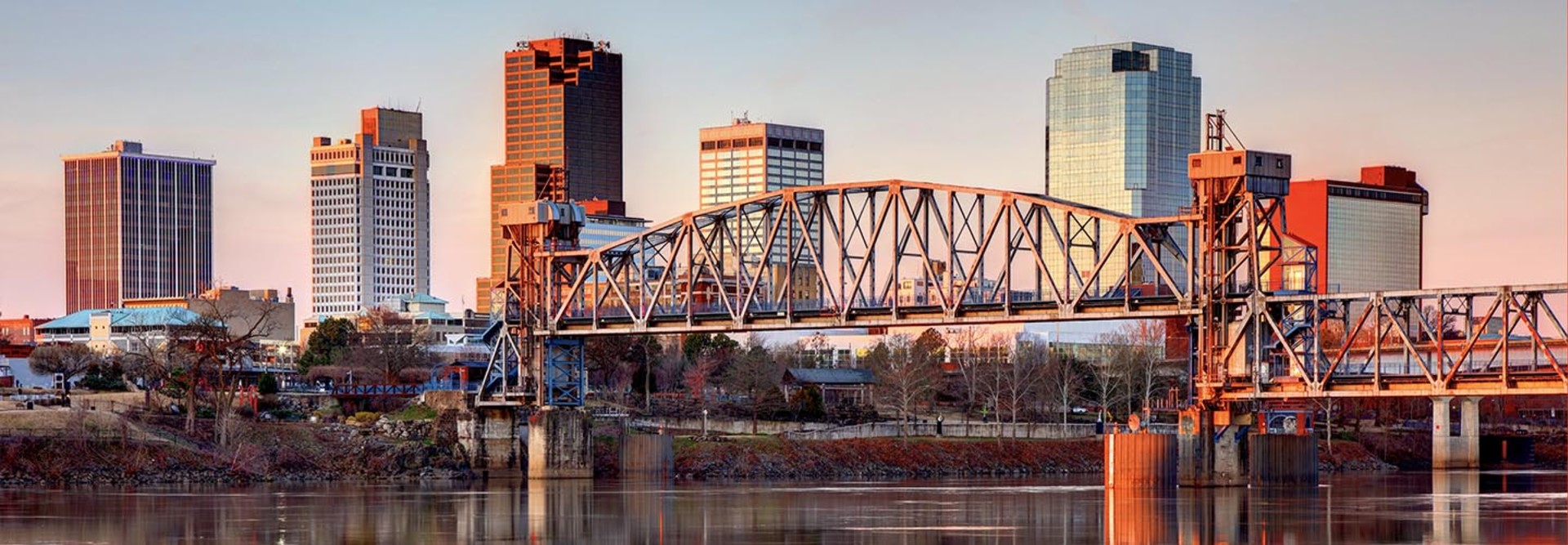STATETECH: In addition to a sensor- and GPS-based gunshot detection system and a license plate reader system that uses high-resolution cameras, is Little Rock using any other type of technology to support public safety?
Willis: Citizens can receive information related to incidents that are happening. We live in a time where we're hearing more and more about active shooters in certain scenarios. God forbid, if we ever have that situation occur, we’re able to use an app, in conjunction with social media, to get the word out quickly if we need citizens to avoid an area. It allows us to communicate more effectively in hazardous situations.
We also try to use data in a comprehensive manner to see what city services, not exclusive to the police department, we can use to impact crime. We’ve found marginalized areas tend to be more crime-infested. It happens when basic needs are not met, and it’s not specific to Little Rock.
When you have an area that’s impoverished, that doesn’t have a grocery store that will provide you with fresh produce and milk within a mile and a half of your home, if you live around dilapidated buildings that are breeding grounds for crime, lighting is an issue — those are things data showed us where we could have a direct impact to help reduce crimes in those areas. While we can’t build a grocery store, we can try to incentivize grocery stores to get into certain communities. It’s a creative approach to fighting crime without trying to overpolice the city.
REVIEW: How criminal justice agencies are using digital evidence management tools.
STATETECH: How is Little Rock recording and using information, like the location of problematic buildings?
Willis: We have code enforcement officers who go out daily looking for code violations. If they see a building that’s run down, vacant or uninhabitable, we’ll put it into the system. We expedite and improve their workflow, so code enforcement officers aren’t in the field having to pull out a notepad and write down everything. They’re able to key it into a tablet.
There’s a time period in which we try to determine whether or not the building needs to be demolished, if the owner is going to have the ability to get it up to code or if the city’s going take it over and sell it. Once we get to the end of that time period, we take the action necessary.
We’re trying to go a step further and not just demolish buildings. Creating a vacant lot does nothing for the city, so how can we repurpose these areas? That’s what we’re working through now. If we try to move to a more efficient and greener city, maybe that’s an area we can use for a charging station or maybe we can do a pop-up produce shop in some communities that have more dilapidated buildings than others. We’re trying to figure out exactly how and what we can do.












